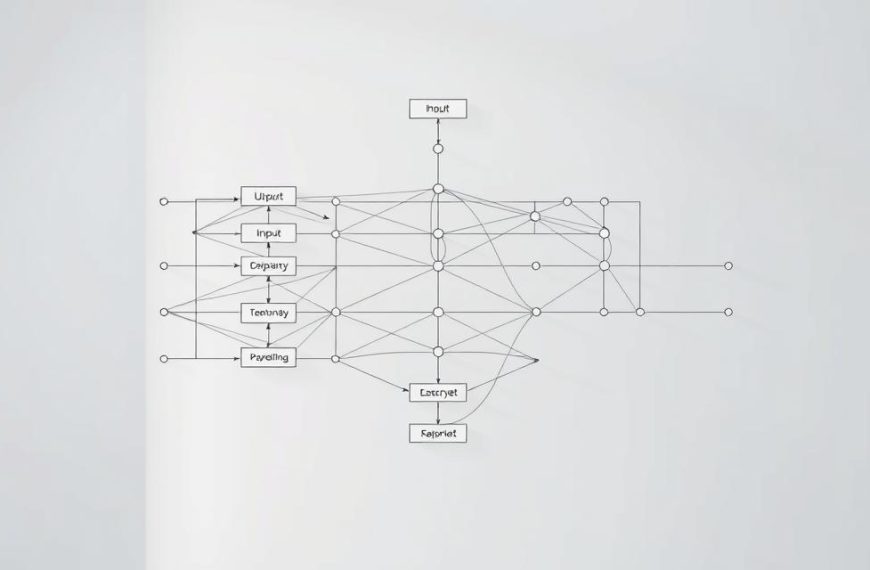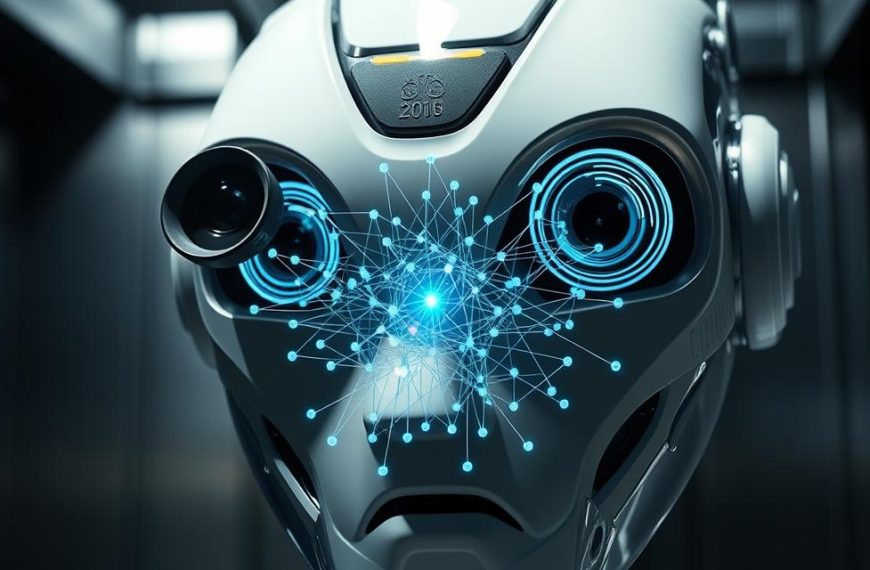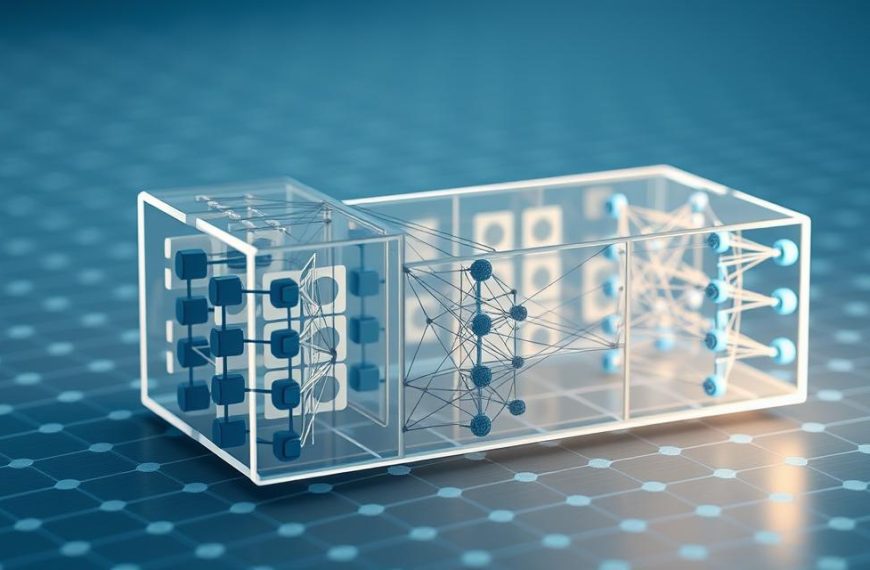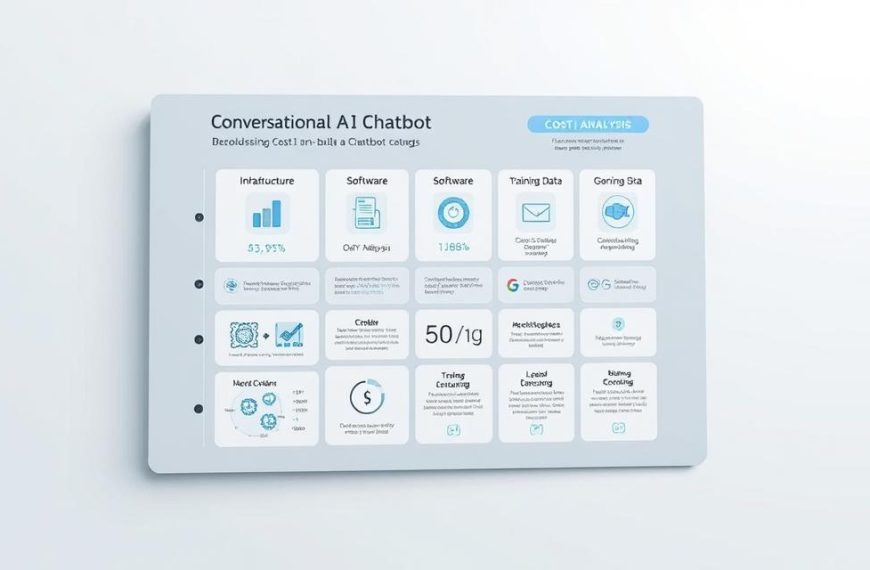Blog
What Does ‘End-to-End’ Mean in Neural Networks?
Modern artificial intelligence systems employ a streamlined method called end-to-end learning, which handles tasks from raw data to final results in one cohesive process. Unlike…
How to Add a Chatbot to Your Website Simple Integration Methods
Today’s online visitors want quick, helpful answers. Adding a conversational AI tool to your site meets this need. It changes how you engage with and…
Can You Give a Chatbot an Image? Here’s How It Works
Modern chatbots have evolved far beyond basic text exchanges. Today’s systems harness advanced image-processing capabilities, transforming how users interact with artificial intelligence. This shift enables…
Using AI for Competitive Advantage: The Secret Edge in Business
The rise of advanced technologies has reshaped modern commerce, with artificial intelligence emerging as a pivotal tool for organisational success. Where once these systems were…
Can AI Really Create a Business Plan That Works?
Modern entrepreneurs increasingly explore automated solutions for developing operational roadmaps. This investigation assesses whether algorithmic tools generate viable strategies for UK enterprises, particularly smaller ventures…
Demystifying Attention: How Neural Networks Learn What to Focus On
Modern artificial intelligence systems face a challenge familiar to humans: prioritising critical information in complex environments. The attention mechanism, inspired by cognitive processes, allows models…
Does Google Have an AI Chatbot? Here’s the Truth
Modern businesses seeking conversational AI solutions will find robust tools within Google’s ecosystem. The tech giant provides advanced chatbot-building platforms that harness natural language processing…
Understanding the Linear Layer in Neural Networks
At the heart of contemporary machine architectures lies a simple yet transformative concept: dimensional transformation. These foundational elements, often utilised in frameworks like PyTorch, enable…
Breaking Down the Costs: How Much Does It Take to Build a…
Chatbots have become indispensable tools for modern businesses, serving as digital assistants that streamline customer interactions. With pricing ranging from under £100 monthly to custom…
Trending
Latest Stories
What Is a Chatbot App Used For Practical Applications in Daily Life
In today’s digital world, a chatbot app is more than code. It acts as a smart conversational partner. It mimics human behaviour and offers quick, useful talks. The growth of chatbots is impressive. In 2023,…
How to Build a Chatbot with Google Dialogflow A Step-by-Step Guide
In today’s world, smart virtual assistants are changing how businesses talk to customers. A chatbot can boost website sales, keep visitors happy 24/7, and handle simple tasks cheaply. First, decide what your assistant will do…
What Are Chatbots in Banking Improving Customer Service and Security
In today’s digital banking world, advanced computer programs use natural language processing (NLP) and artificial intelligence (AI) to talk like humans. These smart systems are called chatbots. An AI-powered virtual assistant is at the heart…
How to Add a Chatbot to Your Website Simple Integration Methods
Today’s online visitors want quick, helpful answers. Adding a conversational AI tool to your site meets this need. It changes how you engage with and support customers. Many organisations find the variety of technical options…
















